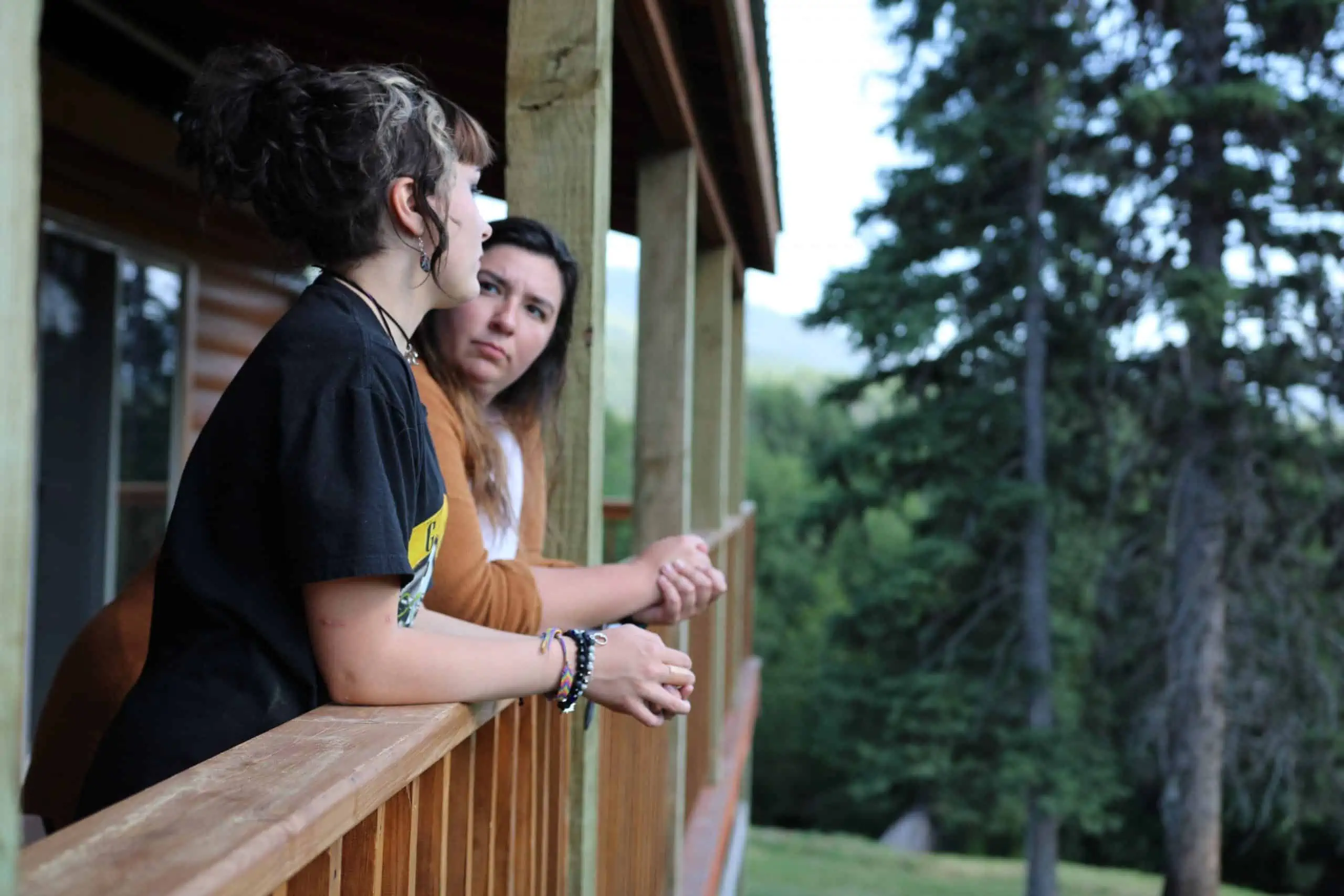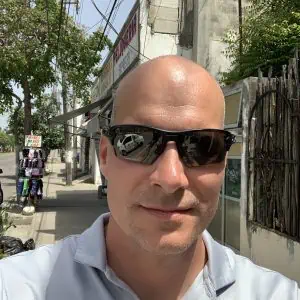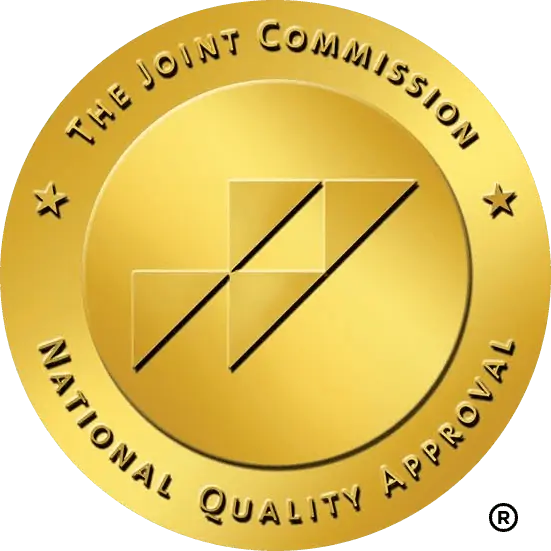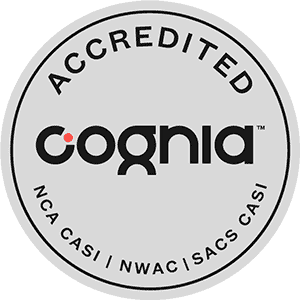The presence of two or more disorders can complicate any diagnosis and subsequent treatment. Integrating both screening and treatment for mental health and substance use disorders leads to a better quality of care and more positive outcomes for those living with co-occurring disorders by treating the whole person.
Patients who present with symptoms of a mental health disorder and a substance use disorder concurrently are also referred to as dual-diagnosis patients.
“We’re seeing a pretty significant upward trend in folks with dual diagnosis,” says Turning Winds’ clinical director Jared Sartell, LCSW. “They use substances in order to manage something else that’s happening in their lives. So we see a lot of that happening and we’re seeing a lot of an increase in folks on the high-functioning autism spectrum with a combination of developing personality disorder or substance use or maybe the trifecta. And so what we’re seeing in that regard is actually fairly new.”
Co-occurring disorders are common because substance misuse frequently represents a maladaptive coping mechanism to deal with the emotional pain of a mental health condition. According to the American Society of Addiction Medicine (ASAM), addiction is a treatable, chronic medical disease involving complex interactions among brain circuits, genetics, the environment, and an individual’s life experiences.
Addressing these complex interactions and the impact of traumatic life experiences successfully is complicated and requires a whole-person approach that not all treatment programs can offer. Treating adolescents presents additional age-specific challenges.
“They all experience anxiety and depression. Most of them have some trauma that they need some resolution to,” explains Sartell. He stresses the importance of “creating an environment that allows them to learn how to work on themselves in surroundings that look like what the world would look like when they leave. What we’re finding is that this has a profound effect on their ability to translate their recovery—whether it’s for mental health issues or from substances—to life beyond treatment. That’s really valuable and important.”
At Turning Winds, young people learn how to correctly perceive and purposefully engage with the world around them. The program’s holistic approach, relational focus, and emphasis on achieving authentic openness make Turning Winds especially effective at facilitating positive outcomes and long-term change.
“Many of our clients have a very limited range of activities when they arrive here,” Sartell says. “They may be using drugs or are constantly playing video games. At Turning Winds, we expose these kids to all kinds of different ways to cope with stress. We give them the opportunity to experience new things. We expose them to life in a healthy place, an experience they can build on after their return home.”
Therapeutic approaches—many particular to the Turning Winds boarding school environment—include character education, wellness of body and mind, outdoor experiential education, evidence-based clinical care, and academic success, along with continuously improving each aspect of our therapeutic program through measuring outcomes in each area. Together, these constitute what we call the “Five Pillars of Change.”
At Turning Winds, the mission is to rescue teens from crisis situations, renew their belief in their own potential, reunite them with their families, and put them on a sustainable path to success. Contact us online for more information, or call us at 800-845-1380. If your call isn’t answered personally, one of us will get back to you as soon as possible.









